Seminar Blogs

The Event of Redness – Nikita Chistov
What is a clown nose? Is it a nose or, rather, something that conceals your nose? Does this concealment make you a clown? My second coffee of the day has just kicked in, and I am ready to “unpack” the small spongy sphere in front of me. Soon enough, I am reminded of Dumit’s…
Read more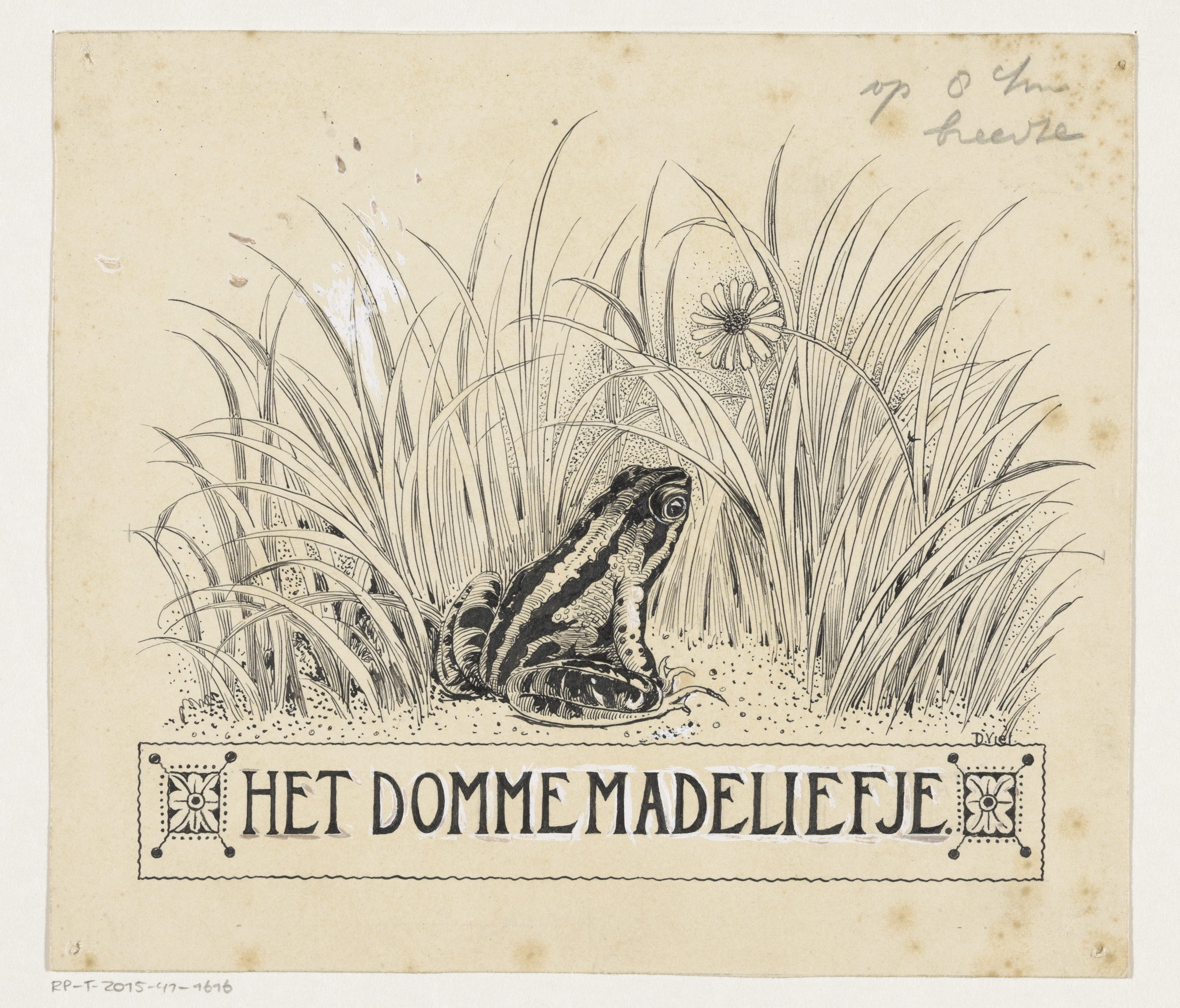
“Analysing Silliness” – Thorn Austin
What do you think of when I mention a frog? A slimy green creature? A silly-looking jumping creature? A cute little dude on a leaf? Unless frogs are particularly scary to you, the idea of someone in an inflatable frog costume would probably be a mood-lifting sight, a welcome bit of silliness added to your…
Read more
“Adventure and Disorientation” – Jenny Chan
In the seminar, “Science as an adventure”, Simon Gusman explored how adventure serves as a powerful trope that frames various aspects of human experience. Adventure is everywhere—found in advertisements, games, recruitment materials, and even the way we narrate our personal lives. This idea intrigued me, particularly in relation to the metaphor of the cave…
Read more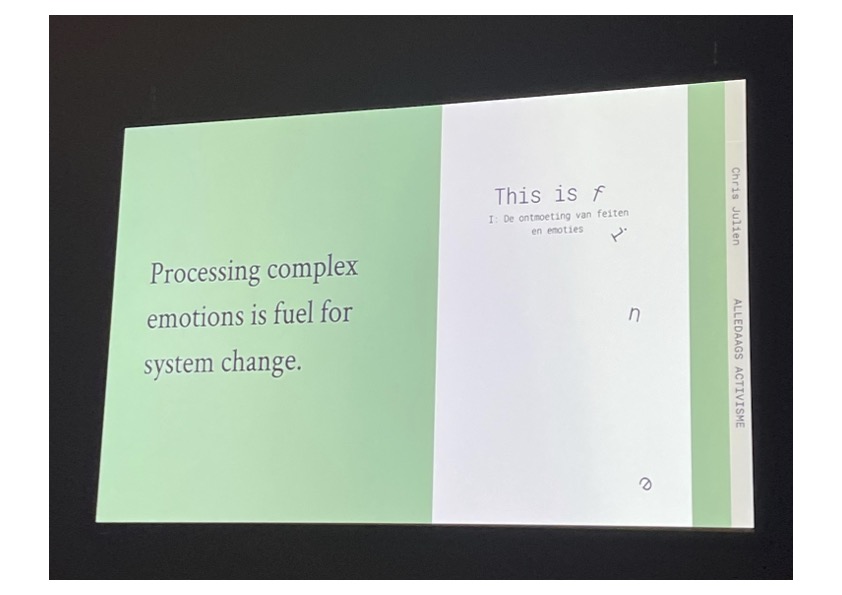
“Social Justice and Embodiment: Research or Activism?” – Mila Narjollet
As someone studying artistic research – what it is, how it operates, to what ends – I often find myself curious about the invisible line that seems to have been drawn between artistic research and activism. To what extent can a practice that is developed with the intention of disrupting ideas, processes or systems, one…
Read more
“Theatrical Noise – From Frictions to Social Engagement” – Xiaoyue Xu
Understanding the social happenings as co-emergent, rather than embodying a linear causality, is crucial to form productive and generative practices in a world where epistemological foundations and material basis are constantly shifting. Chris Julien started his lecture by bringing in the way in which productive and potentially revolutionary practices can be situated in the…
Read more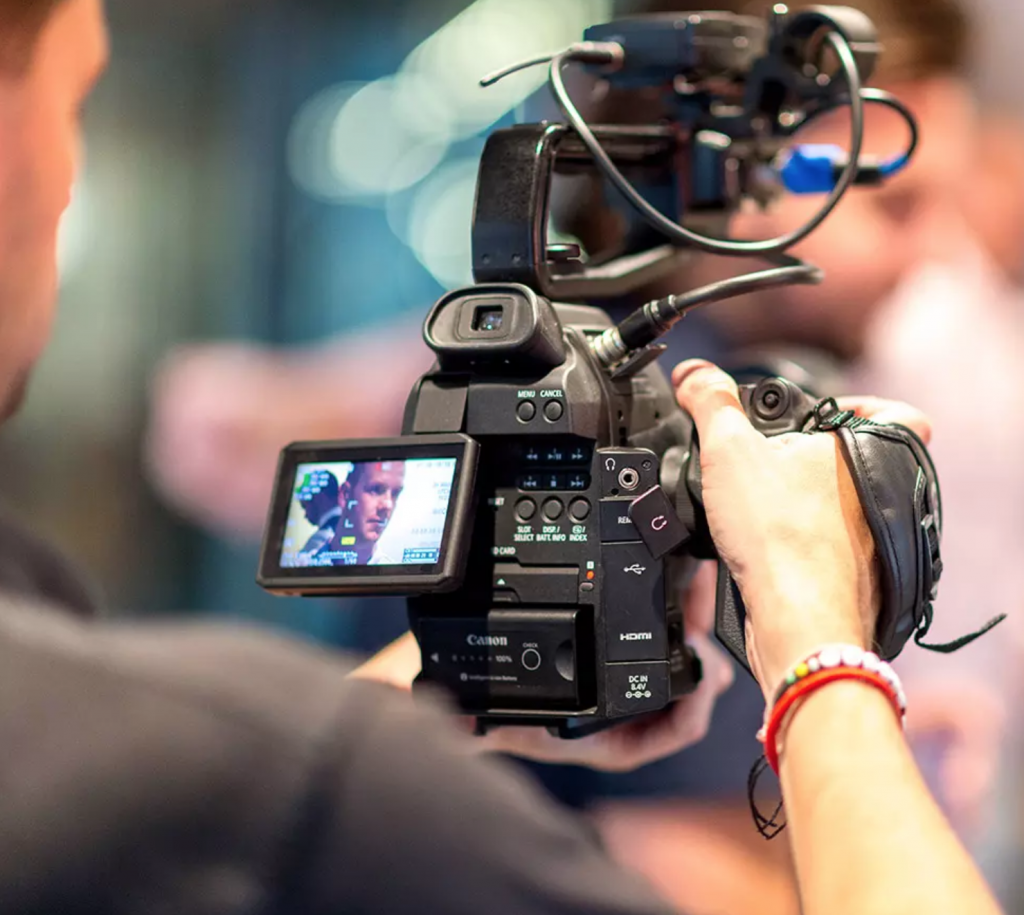
“Curating, caring, or displaying: a reflection on film festivals” – Kangning Li
“Commissioning responds to a need and hinges on the presumption that the commissioned artwork can satisfy this need.” (Sørensen, TiM Lecture 21 Feb 2024) Trine Friis Sørensen’s lecture “Inquiring & Caring with the Act of Commissioning” centered around how commissioning can be debunked as a caring and inquiring process. Thus, the result of creation should…
Read more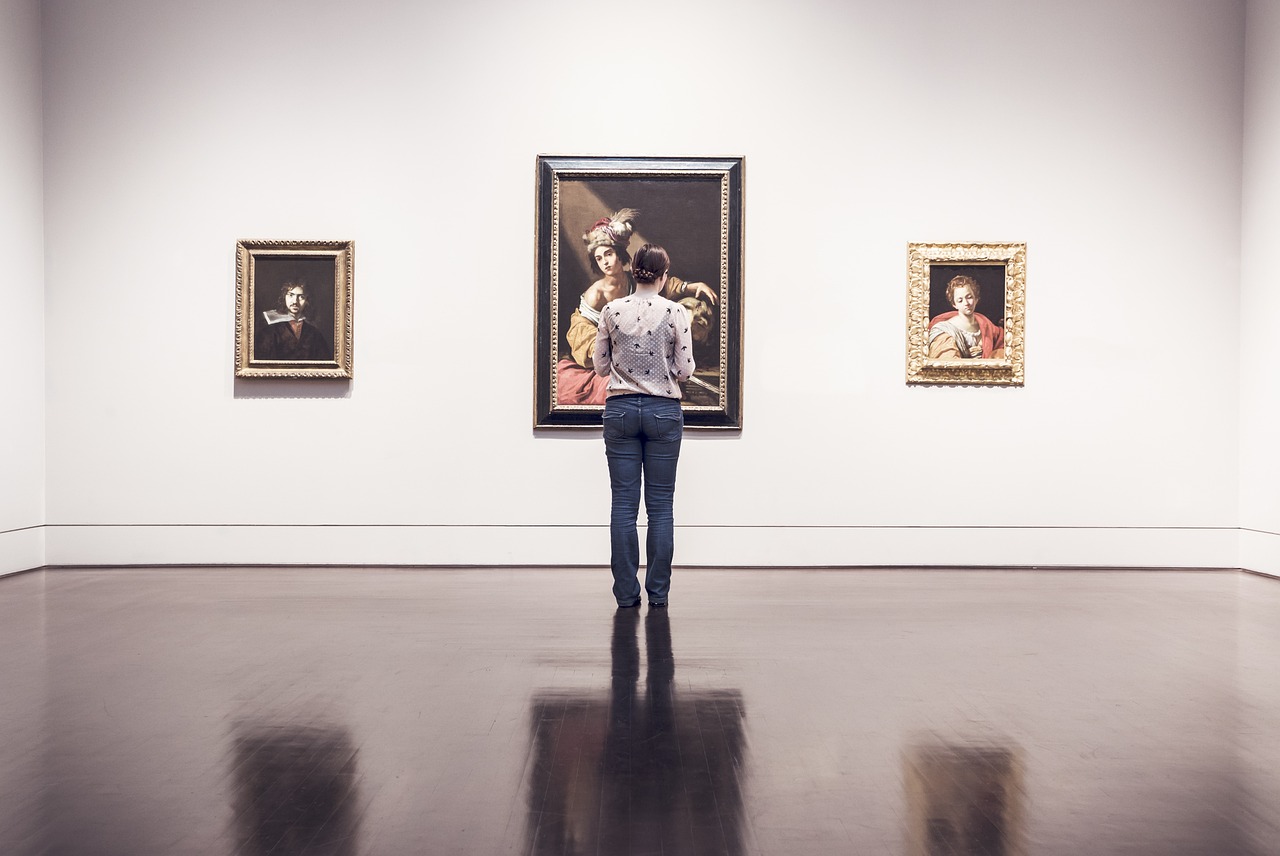
“The Art of Commissioning: Unveiling Knowledge through Creative Collaborations” – Laura Calabrò
In a thought-provoking seminar led by Trine Friis Sørensen, the nuanced role of the curator within contemporary art and archival practices was explored, shedding light on the evolving responsibilities that extend far beyond traditional collection management. Sørensen’s insights, drawn from her own rich experience, position the curator not just as a guardian of art…
Read more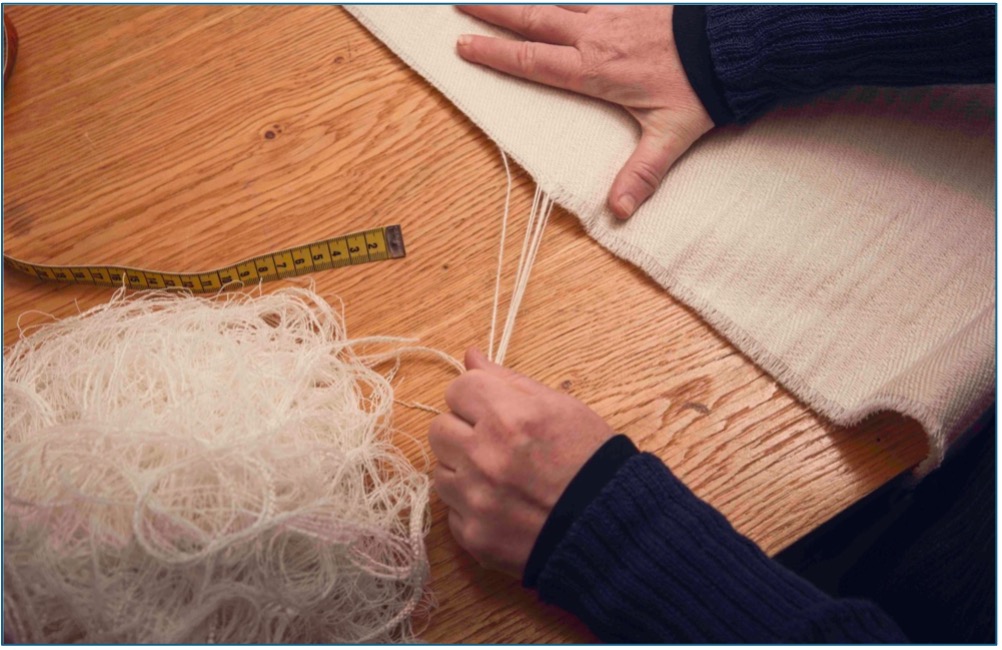
“The Dramaturgy of Enquiry: Weaving Care, Art, and Knowledge” – Yente van Hulst
On December 13, 2023, I attended the workshop “How to Know Things with Works: On Practical Enquiry” as part of Transmission in Motion’s seminar series “Matters of Concern” at Utrecht University. The event featured Mick Wilson, a distinguished professor of art and director of doctoral studies at HDK – Valand Academy of Art and…
Read more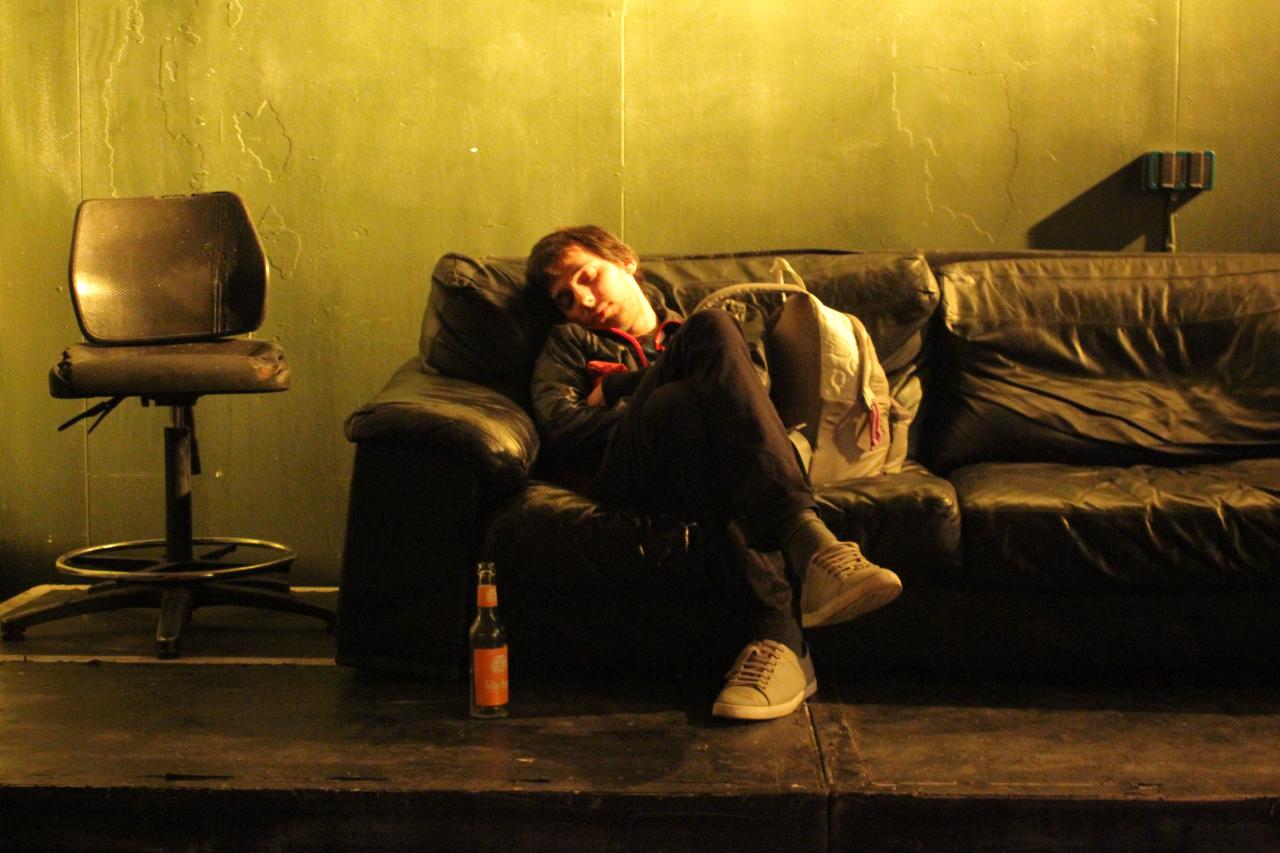
“Rebuilding: Professions for Professionals and Amateurs Alike” – Jhor van der Horst
“To build is to destroy,” Charlotte Malterre-Barthes remarked at the beginning of her lecture. This echoes Marxist analyses of capitalist creative destruction. Yet, what non-capitalist potential exists for architects? What do architects do if not build? Malterre-Barthes, along with the research and design laboratory RIOT (Research and Innovation On architecture, urban design and Territory)…
Read more
“Balancing Passion and Inclusivity: Navigating the Complex Terrain of Environmental Activism” – Laura Calabrò
The issue of overbuilding is a critical concern in contemporary society, highlighting the urgent need for sustainable development and environmental conservation. This topic has been passionately discussed by Charlotte Malterre-Barthes, whose approach to addressing overbuilding sparked both admiration and controversy in me. Malterre-Barthes, known for her persistence and commitment to environmental issues, adopts a stance…
Read more
